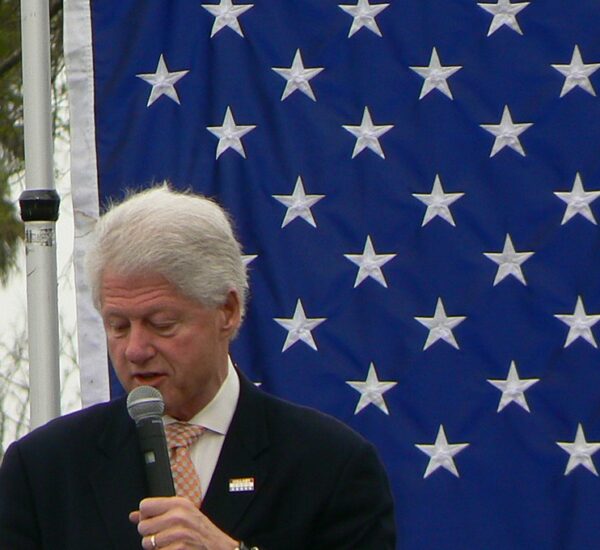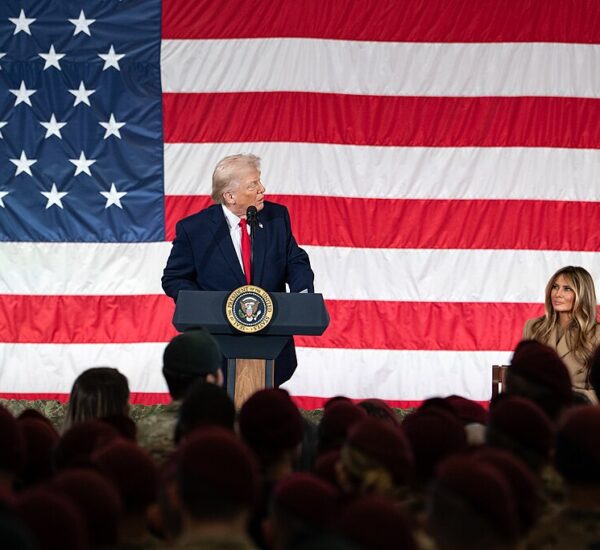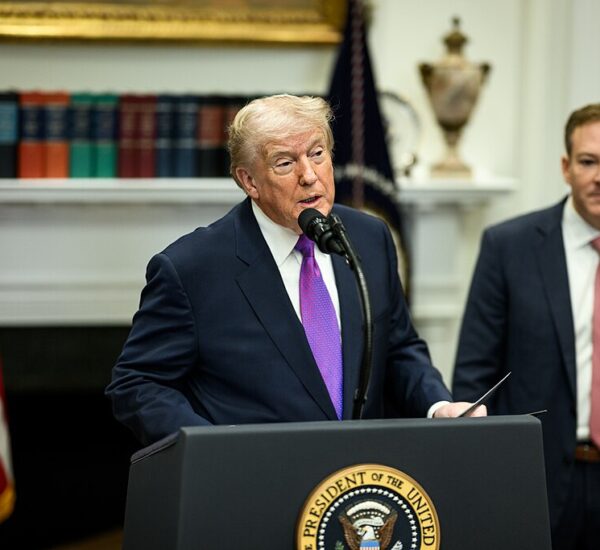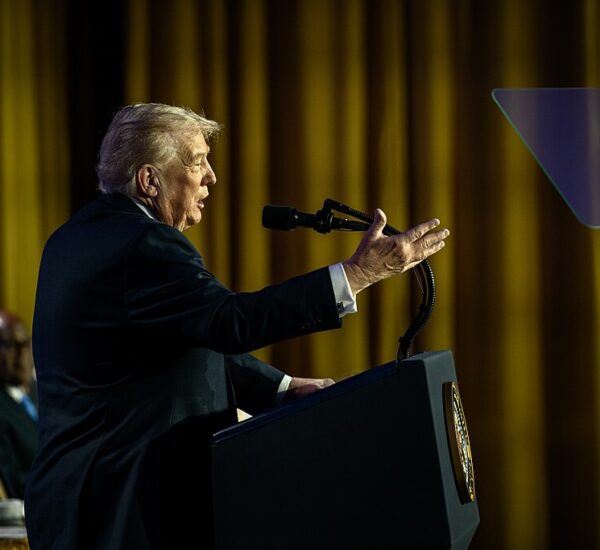Major Update In Bolton’s Case
In a stunning development, former National Security Adviser John Bolton is nowhere close to facing trial. During a Friday hearing, a federal judge announced that no trial date would be set anytime soon—placing Bolton’s classified-documents case on a slow, uncertain path that could stretch well into next fall.
The delay highlights a sharp contrast: while cases involving other high-profile adversaries of President Trump have moved with remarkable speed, Bolton’s case is crawling through the legal system.
Judge Questions DOJ’s Long Timeline in Bolton Case
Prosecutors claim they’re working “as quickly as possible,” but the numbers tell a different story. Bolton faces:
- 8 counts of transmitting national defense information
- 10 counts of retaining classified material
The charges are tied to “diary-style” notes Bolton allegedly shared with family members and classified documents found at his home.
Because the case involves national security secrets, it falls under the Classified Information Procedures Act (CIPA)—a law that requires the court to handle sensitive material differently than typical criminal cases. This process dramatically slows down discovery, and prosecutors want until May just to finish reviewing what defense attorneys are allowed to see.
Judge Theodore Chuang was openly skeptical, asking why the government needs seven months to sort through material.
Defense: Government Must Prove Every Line Was Classified
Bolton’s attorney, Abbe Lowell, emphasized that this isn’t a “typical” Espionage Act case. Because the charges revolve around Bolton’s personal diaries, the defense says the government must justify line by line why Bolton’s private writings are considered classified.
Lowell said Bolton fully agrees that the complexity outweighs his usual right to a speedy trial. The judge repeatedly confirmed Bolton was not being pressured into accepting the slow pace.
Meanwhile, Other Trump Adversaries Face Rapid-Fire Prosecutions
The Bolton slowdown stands in stark contrast to the breakneck pace of other federal cases involving Trump critics:
- Former FBI Director James Comey was indicted in September for allegedly misleading Congress.
- New York Attorney General Letitia James was charged last month in a mortgage-fraud case.
Both cases are moving quickly, with constant hearings and trial dates already set for January—a signature of the Eastern District of Virginia, long known as the “Rocket Docket” for its fast trial schedule.
These cases do not involve classified documents, making them far simpler than Bolton’s. But for many conservatives, the difference in speed raises questions about double standards inside the Department of Justice.
Prosecutors Hint at Even More Charges for Bolton
In yet another twist, lead DOJ attorney Thomas Sullivan suggested that “additional charges” may be filed as investigators continue combing through classified material. Any new indictment would push the trial date even further down the road.
Lowell—who also represents Letitia James—warned that pending motions in her case may also affect Bolton’s scheduling. “I don’t know how it will go,” he admitted.
Conclusion: A Case Moving at a Snail’s Pace
While federal courts race ahead with charges against other prominent Trump adversaries, John Bolton’s classified-documents case is moving at an extraordinarily slow speed. With no trial date, potential new charges, and months of classified-document reviews ahead, Bolton’s legal battle is shaping up to be one of the most delayed—and most closely watched—national security cases in recent memory.






